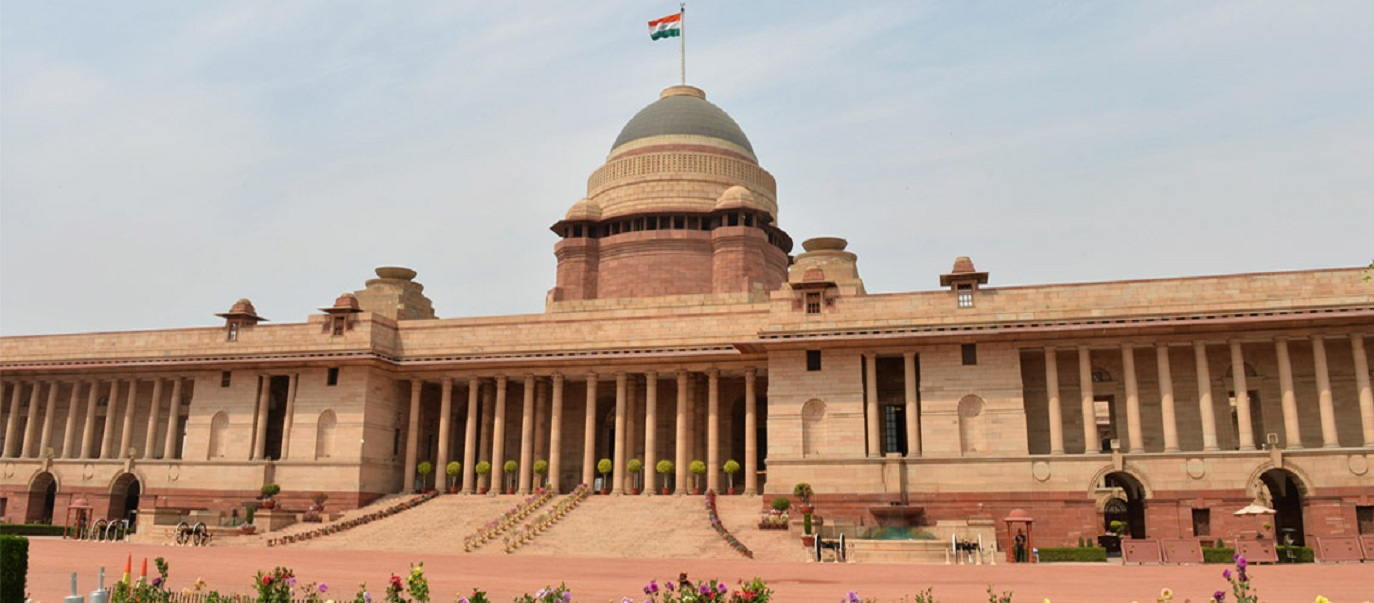Indian Economic Police Raid Offices Of Smartphone Maker Vivo

Indian economic crime agency Enforcement Directorate raids dozens of locations across India belonging to China’s Vivo amidst border tensions
India’s financial crime enforcement agency conducted raids at dozens of locations belonging to Chinese mobile manufacturer Vivo on Tuesday as part of what local media reported as a money-laundering investigation.
The raids follow an action by the Enforcement Directorate against China’s Xiaomi nine months ago.
Local reports said the raids targeted about 40 locations in the northern states of Uttar Pradesh, Madhya Pradesh and Bihar, with some reports saying locations in southern states were also targeted.

Raids
Neither the Directorate nor Vivo have commented publicly about the action. Vivo is wholly owned by China’s BBK Electronics.
The India Times said Vivo was the subject of an inquiry by India’s Central Bureau of Investigation, which referred the matter to the Directorate for alleged breaches of the Prevention of Money Laundering Act (PMLA).
The company’s distributor in Jammu and Kashmir was previously targeted by investigators after it was found that at least two Chinese shareholders in the company had submitted forged documents and false Indian addresses. The case was taken up by the economic offences wing of the Delhi Police.
Last year’s probe into Xiaomi led the Directorate in April to seize Xiaomi assets in the country, an action Xiaomi is challenging in court.
Border dispute
The Directorate accused Xiaomi of sending foreign currency remittances “in the guise of” royalties.
Xiaomi has denied wrongdoing and said executives faced threats of “physical violence” and coercion when questioned by the Directorate. The agency denied the allegations.
Chinese companies have faced more challenging conditions in India since a border clash between the two countries in 2020 that led India to ban more than 300 Chinese apps and to tighten regulatory controls.